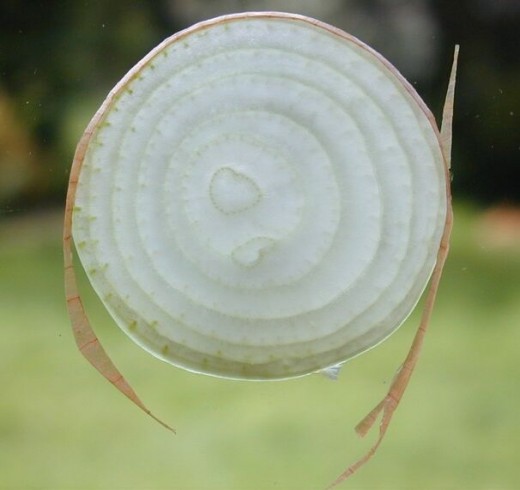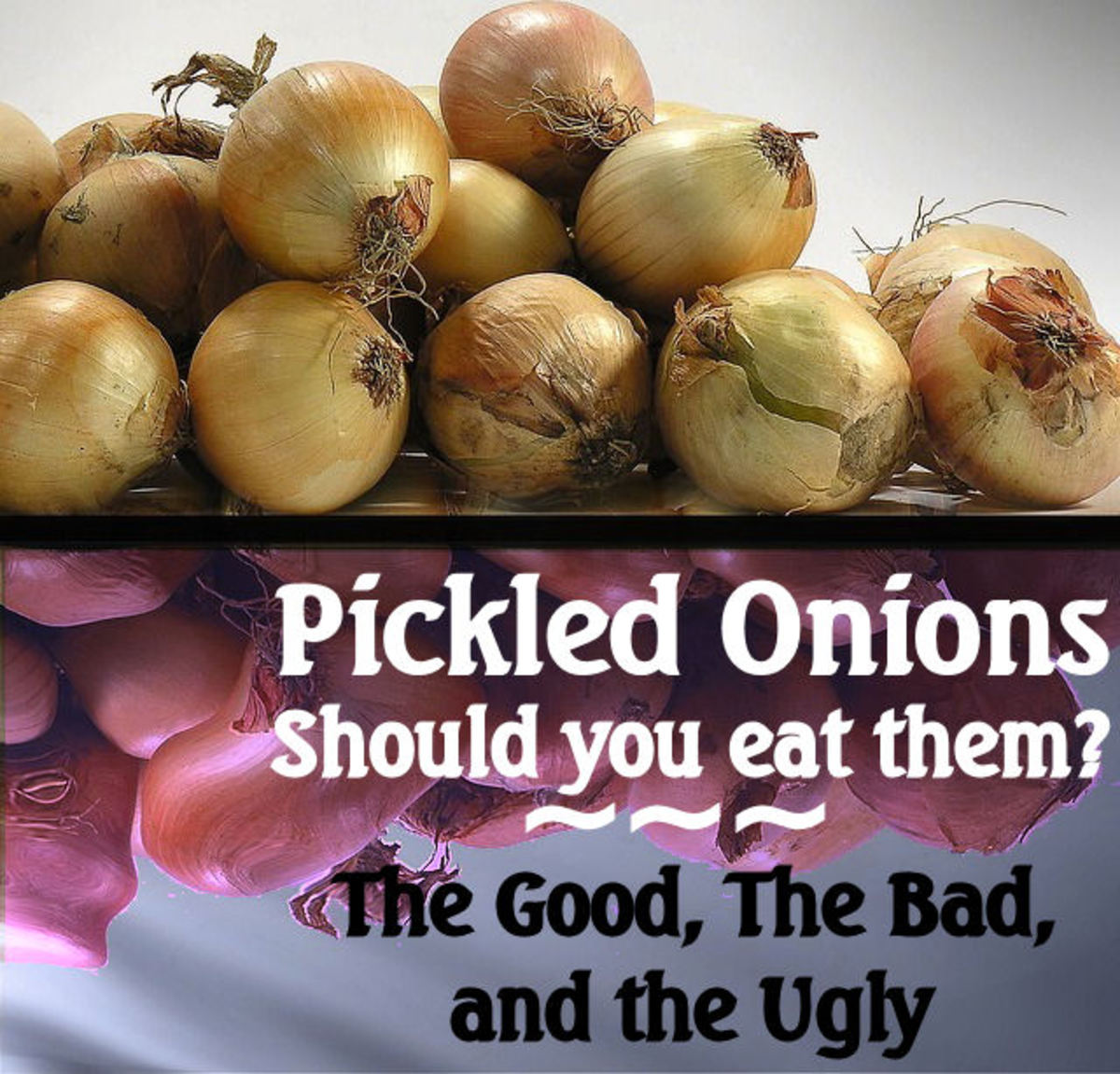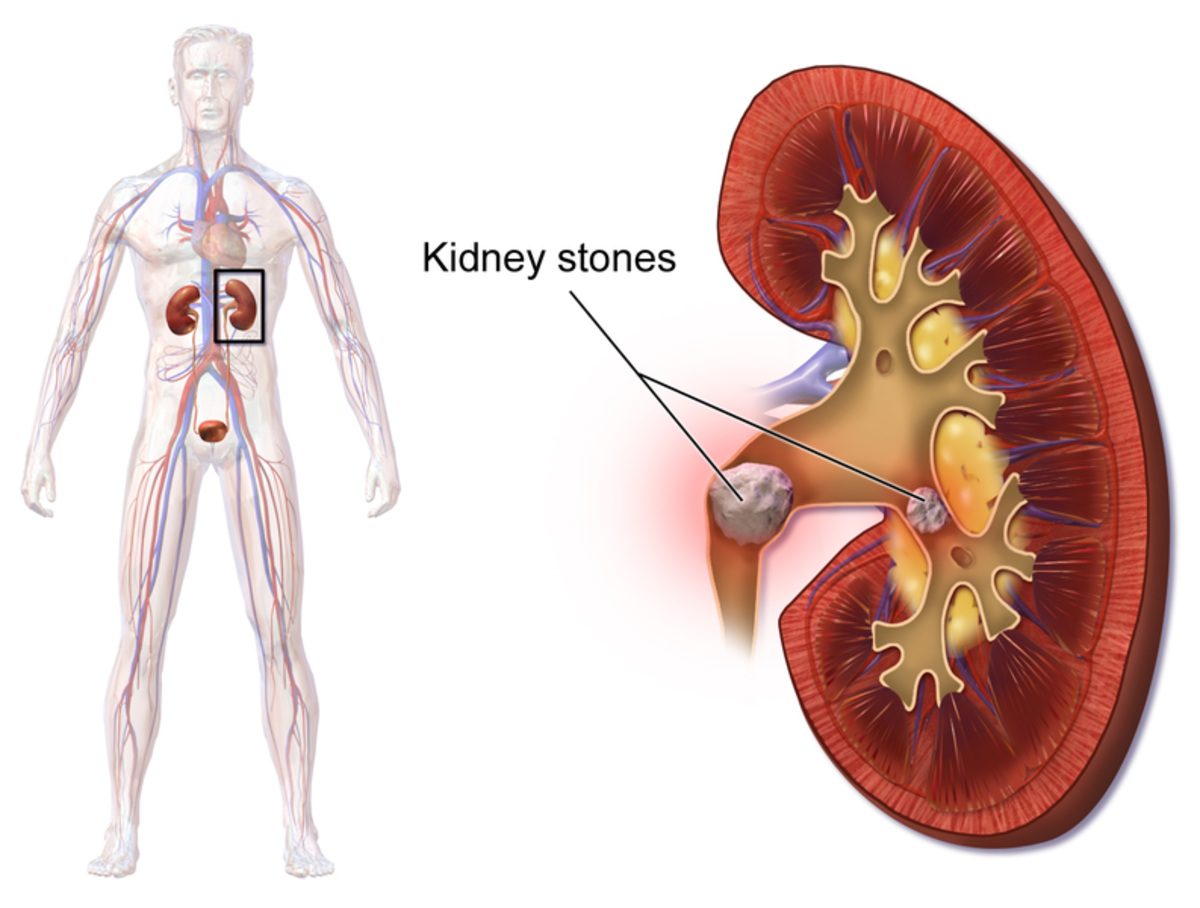Can An Onion Prevent The Flu?

In the past several months to a year I have constantly been seeing this story appear on the onions being able to prevent influenza. Whether it is a hoax, a myth to be debunked or an unexplained truth I find it quite interesting and felt I should share an article on it.
In 1919, just after World War I when influenza ran rampant through the US countryside and killed 40 million people. A doctor came upon one farm house in the thick of the contagion where the family members were completely healthy. When he asked the lady of the house what they were doing differently she replied that they kept an unpeeled onion in each room in a bowl.
After examining the blackened onions in each room under a microscope the doctor found they were crawling with the influenza virus. Somehow the act of placing these onions in the room had kept the family from getting ill. The onion appeared to be absorbing the virus and keeping the family healthy.
Now to this day they have no real scientific explanation as to how an onion can absorb this type of virus. If you search online for an explanation you find only more support for this situation of the onion preventing the flu but again no real scientific explanation. If you go to an online encyclopedia like wikipedia you do see that it isn't listed as a property of an onion. But it does have a long list on medicinal properties and health effects of onions. So it does appear there is a wide range use of these plants in medicine. Is it possible that the onion could prevent the flu?
If it is true that onions can prevent influenza than why have there been no scientific studies, no scientific proof or forthcoming understanding as to how or why? Is it that scientists are to busy laughing about the myth to simply look at the possibility? I for one have to wonder about the amount of sources that seem to support the onion theory. Perhaps it is a huge coincidence, perhaps not. I suppose the only way to find out if it works is through trial and error. To try it for oneself and see just what happens. I suppose we have nothing to lose.
If you want to forward this article to others I encourage it. Use the facebook, twitter or Google+1, link at the top of the page or click the share button at the bottom of the page for other social networks. Someone you know may find this of interest.








